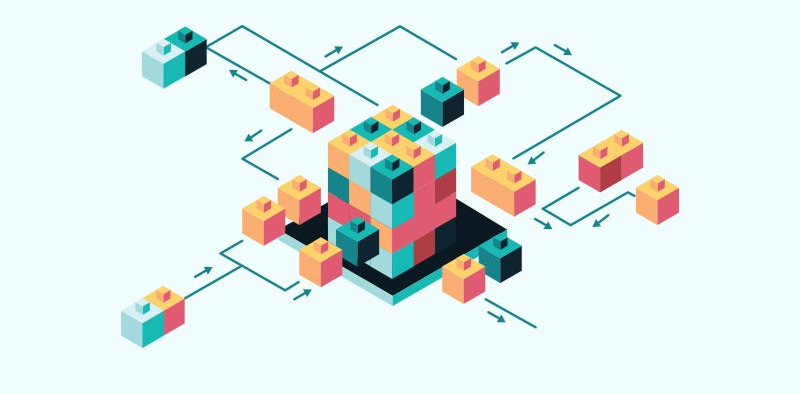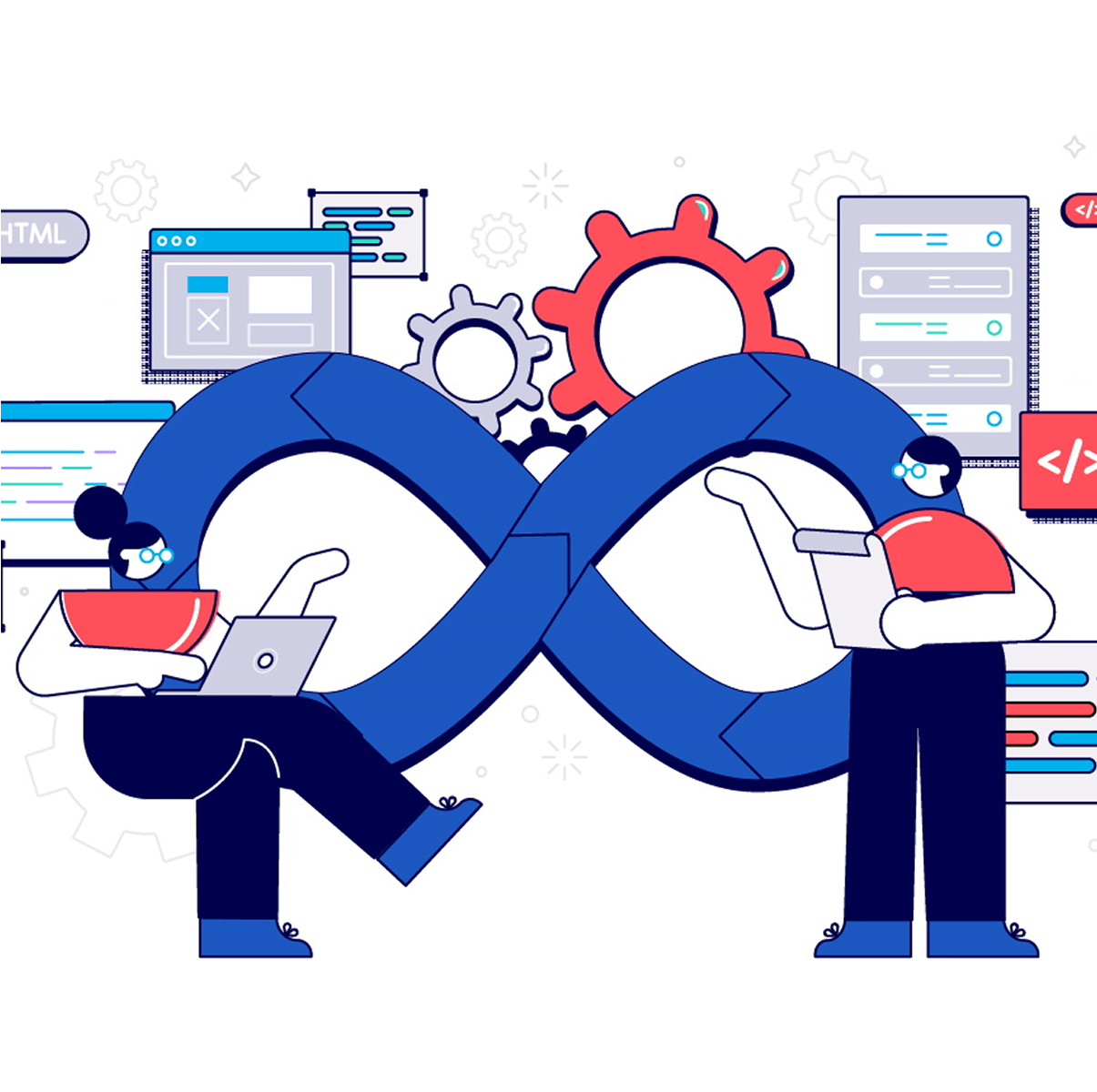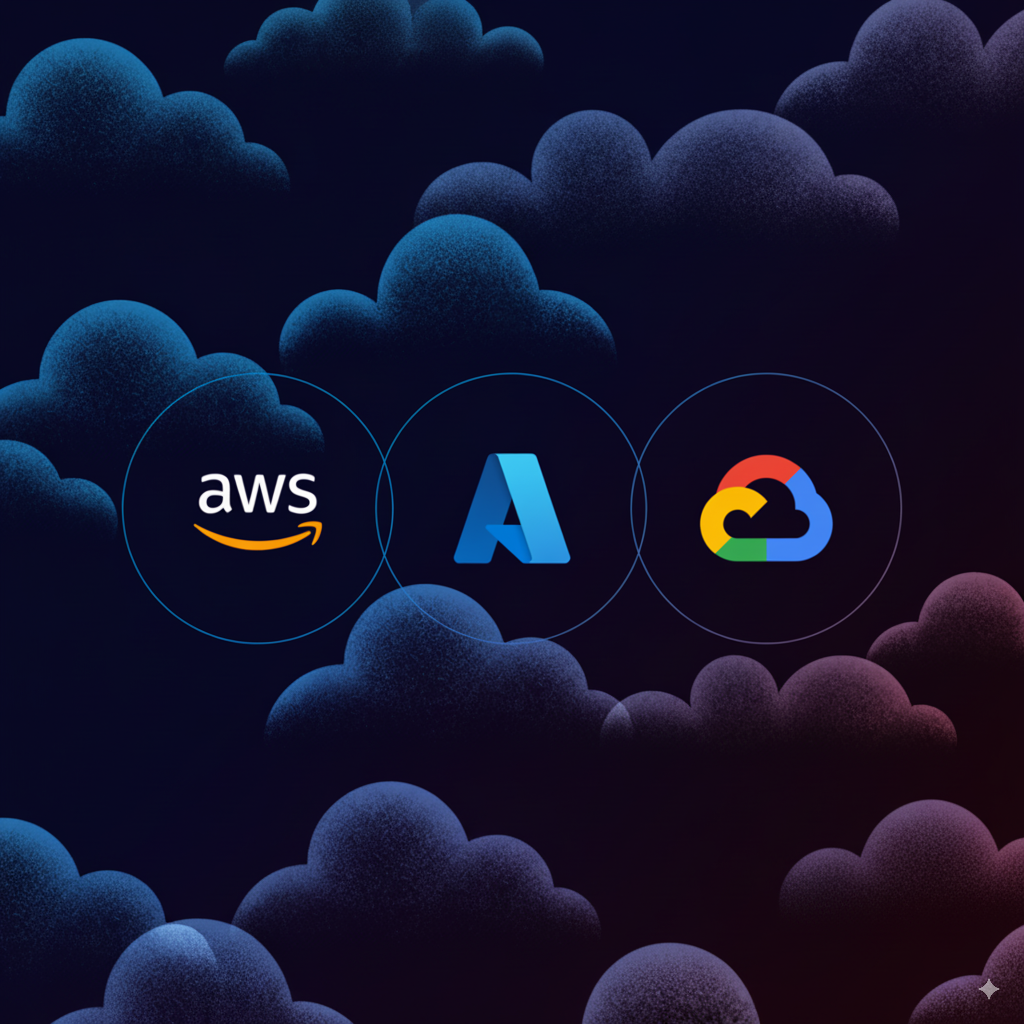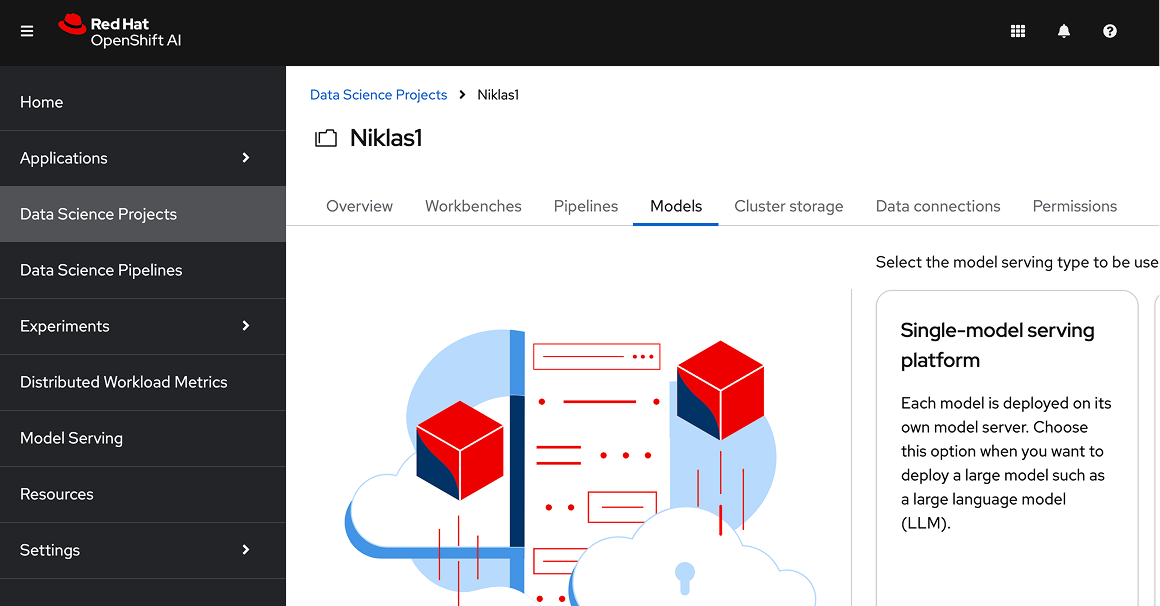Kubernetes & Containerization Services
Go from legacy monoliths to scalable, resilient microservices. We handle the complexity of container orchestration so you can focus on rapid application delivery and innovation.

The Power of Container Orchestration
Build Your Modern Application Platform
Containerization packages your applications and all their dependencies into a single, portable unit. Kubernetes and OpenShift orchestrate these containers at scale, automating deployment, scaling, and management. While incredibly powerful, production-grade Kubernetes is notoriously complex. Our service provides the deep expertise needed to design, build, and manage a secure, reliable, and cost-effective container platform tailored to your enterprise needs.
- Platform Design & Deployment
- We architect and deploy production-ready Kubernetes or OpenShift clusters, configured for high availability, security, and performance from day one.
- Application Modernization & Migration
- We guide you through the process of containerizing your legacy applications and migrating them to your new Kubernetes platform, unlocking scalability and agility.
- Managed Day 2 Operations
- Our service extends beyond setup. We manage the crucial Day 2 operations: monitoring, logging, security patching, updates, and disaster recovery.
The Complexity of Production-Grade Kubernetes
- Steep Learning Curve & Talent Gap
- Kubernetes has a vast and complex ecosystem. Finding, training, and retaining engineers with deep expertise in networking, storage, and security is a major challenge.
- Security & Governance at Scale
- Securing a multi-tenant Kubernetes cluster is a full-time job. It requires robust RBAC policies, network security, container image scanning, and runtime threat detection.
- Day 2 Operational Burden
- The real work begins after deployment. Managing cluster upgrades, monitoring performance, troubleshooting failures, and optimizing costs can overwhelm unprepared teams.
- Ecosystem & Tooling Overload
- The Cloud Native landscape is flooded with tools for service mesh, monitoring, logging, and storage. Choosing, integrating, and maintaining the right stack is a complex task.
Why a Container Platform is Your Strategic Asset
A well-architected container platform is the foundation for modern digital innovation. It enables your teams to build and ship software faster, create more resilient and scalable services, and avoid vendor lock-in by ensuring application portability across any infrastructure. This agility is the key to outmaneuvering competitors and responding rapidly to market changes.
50%
Faster Time-to-Market
for new applications and features by leveraging automated CI/CD on a container platform.
Up to 80%
Improved Infrastructure Utilization
by efficiently packing applications onto fewer servers, significantly reducing hardware and licensing costs.
40%
Increase in Developer Productivity
by providing self-service environments and abstracting away the underlying infrastructure complexity.
Kubernetes & OpenShift in Action
Real-World Applications

Monolith to Microservices Transformation
Break down large, unwieldy monolithic applications into manageable, independently deployable microservices running on a scalable and resilient Kubernetes platform.

Scalable CI/CD & DevOps Platforms
Build a powerful, automated software delivery pipeline on Kubernetes. Dynamically scale build agents and create ephemeral testing environments to accelerate development.

Hybrid & Multi-Cloud Application Portability
Design applications that can run consistently anywhere, on-premise data centers, private clouds, or public clouds, without modification, avoiding vendor lock-in.

High-Performance AI/ML Platforms
Provide data scientists with a powerful, scalable platform for training and serving machine learning models, complete with GPU support and MLOps tooling.
Our Containerization & Kubernetes Technology Stack
We master the complete Cloud Native ecosystem to build and manage enterprise-grade container platforms.
Orchestration Platforms
Tools under Orchestration Platforms
Container Runtimes & Tools
Tools under Container Runtimes & Tools
GitOps & CI/CD
Tools under GitOps & CI/CD
Data Protection & Backup
Tools under Data Protection & Backup
Frequently asked questions
Have a different question and can’t find the answer you’re looking for? Reach out to our support team by sending us an email and we’ll get back to you as soon as we can.
- What is the main difference between Kubernetes and Red Hat OpenShift?
Kubernetes is the powerful open-source engine. Red Hat OpenShift is a complete enterprise platform built around Kubernetes. OpenShift adds integrated developer tools, enhanced security features, a web console, and full enterprise support, making it an excellent choice for organizations that need a ready-to-use, fully supported solution.
- What are 'Day 2 Operations' for Kubernetes?
Day 2 Operations refers to everything that happens after the initial cluster deployment. This includes critical tasks like monitoring, logging, alerting, security scanning, managing updates and patches, capacity planning, and disaster recovery. This is often the most complex and resource-intensive part of running Kubernetes, and it's where our managed services provide the most value.
- Can you help us migrate our existing applications to containers?
Yes, this is a core part of our service. We perform a thorough assessment of your existing applications to determine the best containerization strategy. We then work with your team to refactor, containerize, and deploy them onto the new Kubernetes platform, ensuring a smooth transition with minimal disruption.
- How do you handle Kubernetes security?
Security is built-in, not bolted on. We follow a defense-in-depth strategy that includes hardening the cluster nodes, implementing strict RBAC policies, using network policies to isolate workloads, integrating container image scanning into the CI/CD pipeline, and deploying runtime security monitoring to detect threats.
- Do you provide ongoing support and training for our team?
Absolutely. Beyond managing the platform, we also provide training and knowledge transfer sessions tailored to your team's skill level. This ensures your developers, DevOps engineers, and platform operators are fully equipped to work confidently within the Kubernetes ecosystem.
- Can Kubernetes work in a hybrid or multi-cloud environment?
Yes. Kubernetes was designed for portability and flexibility. We help you architect a hybrid or multi-cloud strategy so your applications can run seamlessly across on-premise data centers, private clouds, and public cloud providers—avoiding vendor lock-in while maximizing resilience and scalability.
Ready to Modernize Your Applications?
Move past the complexity and unlock the full potential of containerization. Our team of certified Kubernetes experts is ready to architect and manage a platform that accelerates your business. Let's build your future-proof infrastructure.